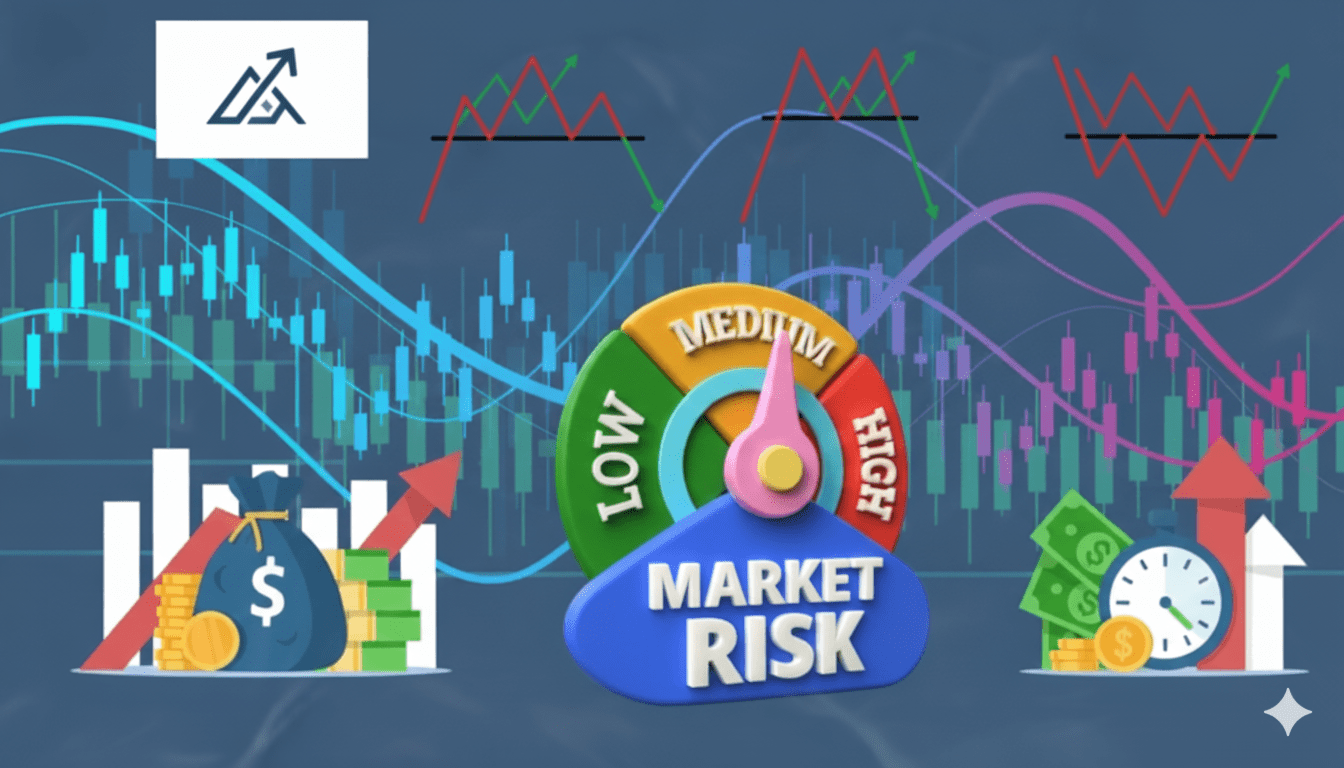
When exploring the stock market, one of the most frequently asked questions is the difference between GOOG vs GOOGL. Both tickers represent shares of Alphabet Inc., the parent company of Google, yet they hold subtle but important differences that matter to traders, long-term investors, and even those analyzing financial markets from a forex perspective. Understanding the nuances between these two share classes can help investors make smarter decisions while aligning their strategy with long-term goals.
In this article, we will break down what GOOG and GOOGL are, their differences, how they impact trading and investment decisions, and why the distinction is relevant for finance professionals.
What Are GOOG and GOOGL?
Alphabet Inc., the powerhouse behind Google, YouTube, and Android, has two primary types of publicly traded shares:
GOOG (Class C shares): These shares come with no voting rights. Investors who buy GOOG are essentially purchasing ownership in the company without a say in company policy or board decisions.
GOOGL (Class A shares): These shares include voting rights, giving shareholders the ability to influence company decisions such as board elections and major business policies.
In 2014, Alphabet introduced a stock split to create two different classes of shares. This move allowed the founders, Larry Page and Sergey Brin, to maintain control over company decisions while still raising capital from the public.
GOOG vs GOOGL: The Core Differences
When comparing GOOG vs GOOGL, the difference boils down to voting rights and occasionally, stock price.
1. Voting Rights
GOOGL gives you one vote per share.
GOOG gives you no voting power.
For large institutional investors or funds, voting rights may be crucial in shaping Alphabet¡¯s direction. For individual investors, however, the absence of voting rights is often less significant, especially if the priority is growth potential.
2. Stock Price Differences
Although GOOG and GOOGL represent the same company, their stock prices can vary slightly. Historically, GOOGL (Class A) tends to trade at a small premium compared to GOOG (Class C). This difference exists because some investors value the voting rights associated with GOOGL.
3. Liquidity and Accessibility
Both share classes are highly liquid, given Alphabet¡¯s market dominance. However, depending on brokerage platforms, accessibility to either ticker may differ. Retail investors often choose whichever share is available or slightly cheaper at the time of purchase.
Why Does Alphabet Have Two Stock Classes?
The main reason Alphabet split into GOOG vs GOOGL was to preserve control for its founders. Larry Page, Sergey Brin, and former CEO Eric Schmidt hold Class B shares, which are not publicly traded and come with 10 votes per share.
By introducing GOOG shares without voting rights, Alphabet ensured that it could raise capital without diluting the founders¡¯ influence over company decisions. This dual-class structure is not unique to Alphabet¡ªother tech giants like Meta and Snap also use similar setups.
GOOG vs GOOGL in Investment Strategy
From a financial perspective, both tickers move in tandem since they represent the same company¡¯s earnings, revenue growth, and market capitalization. However, investors often analyze their differences based on strategic goals.
1. For Long-Term Investors
If you plan to hold Alphabet shares for the long term, the distinction between GOOG vs GOOGL may not drastically affect returns. Over time, both share classes deliver similar growth because they represent the same company performance.
2. For Active Traders
Active traders sometimes prefer GOOG because it can be slightly cheaper. Since short-term traders prioritize price movements and liquidity over voting rights, GOOG often becomes the more practical choice.
3. For Institutional Investors
Institutional investors may lean toward GOOGL to retain voting rights, especially when holding significant stakes. Having influence over corporate governance can be a priority for large funds.
How Forex Traders View GOOG vs GOOGL
At first glance, forex traders may not directly trade Alphabet shares, but the performance of GOOG vs GOOGL impacts broader financial markets, particularly USD volatility.
Impact on the US Dollar: As one of the largest tech companies in the world, Alphabet¡¯s quarterly earnings often influence investor sentiment. Strong results can strengthen the USD as global investors pour money into U.S. equities.
Tech Stocks and Risk Appetite: Alphabet¡¯s stock is a barometer for risk appetite. When GOOG and GOOGL perform well, forex traders may see stronger capital flows into USD pairs like EUR/USD or GBP/USD.
Correlation with Indices: Alphabet is part of the NASDAQ 100 and S&P 500. Movements in GOOG vs GOOGL often affect these indices, which are closely watched by forex traders for market direction.
Should You Buy GOOG or GOOGL?
Ultimately, whether you buy GOOG or GOOGL depends on your priorities as an investor:
Choose GOOG if you care about stock performance and price efficiency, without concern for voting rights.
Choose GOOGL if you value corporate governance participation and prefer holding shares that give you a say in shareholder meetings.
For most retail investors, the financial returns between GOOG vs GOOGL are nearly identical, making the decision less critical. However, understanding the distinction ensures you are making an informed choice.
Finance Perspective: Diversification Matters
Even when deciding between GOOG vs GOOGL, smart investors remember that diversification is key. Tech stocks like Alphabet can deliver strong growth, but they also carry risks tied to regulatory pressures, competition, and global economic conditions. Balancing Alphabet shares with other sectors, forex positions, or commodities can help manage risk.
Conclusion
The GOOG vs GOOGL debate is less about financial returns and more about voting rights and investor preferences. Both represent Alphabet¡¯s dominance in the global tech space, and both provide exposure to one of the most innovative companies in the world.
For traders, understanding the difference helps when aligning investment strategies with personal goals. From a finance and forex perspective, Alphabet¡¯s performance continues to influence not only the stock market but also the broader U.S. dollar and global investment sentiment.
Whether you choose GOOG or GOOGL, you are essentially betting on the long-term success of Google¡¯s ecosystem¡ªfrom search and advertising to YouTube and cloud computing.












